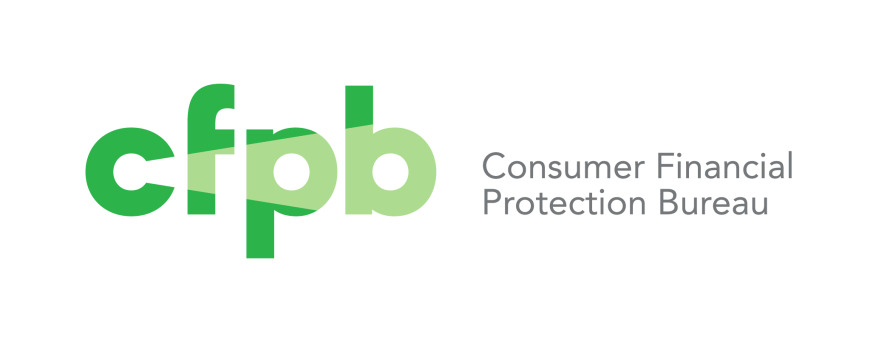Advertisement
CFPB Issues RFI on Enforcement Process

The Consumer Financial Protection Bureau (CFPB) has issued a Request for Information (RFI) to encourage comment and insight on the agency’s enforcement processes.
The new RFI is the third in a series announced by Acting Director Mick Mulvaney, who has called into question the often-onerous enforcement policies enacted by the CFPB under former director Richard Cordray. In a statement issued by the CFPB, the new RFI is being presented in order to “provide an opportunity for the public to submit feedback and suggest ways to improve outcomes for both consumers and covered entities.”
The CFPB will begin accepting comments on the RFI after it is printed in the Federal Register, which is scheduled for early next week. A further RFI on the CFPB’s supervisory processes is slated to be announced next week.
About the author





